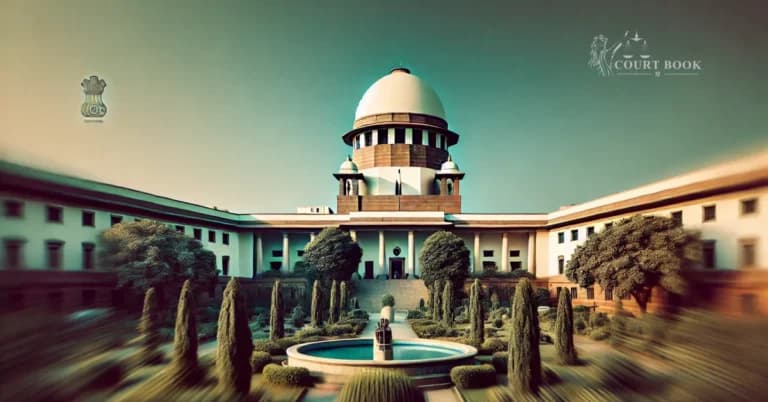The Supreme Court has refused to restore the position of a woman councillor from Madhya Pradesh who had been unseated for failing to disclose her earlier conviction in a cheque bounce case. The bench, while hearing the matter in New Delhi, made it clear that candidates in local body elections must truthfully disclose their criminal records, even if the offence appears “minor” to them.
Background
Poonam, who was elected Councillor from Ward No. 5 of Nagar Parishad Bhikangaon in October 2022, came under challenge soon after winning. Her rival candidate, Dule Singh, approached the trial court alleging that she had concealed her 2018 conviction under Section 138 of the Negotiable Instruments Act (cheque dishonour case).
The conviction included a one-year jail sentence and fine, although Poonam later appealed against it. But at the time of filing her nomination in 2022, the conviction was still in force. The local court ruled that hiding this information violated the Madhya Pradesh Municipalities Act and election rules that require candidates to declare criminal antecedents. The High Court affirmed the decision. Poonam then moved the Supreme Court.
Court’s Observations
During the hearing, Poonam’s counsel argued that the offence did not involve “moral turpitude” and therefore could not justify removing an elected representative. He also submitted that her conviction was eventually set aside in appeal, so the non-disclosure should not be treated harshly.
But the Supreme Court was not convinced. The bench emphasised that the duty to disclose is tied to the voter’s right to evaluate a candidate, not to how serious the candidate personally believes the offence to be.
“The bench observed, ‘The fact of conviction itself is material. The electorate has the right to know. Suppression of this information affects free and informed voting.’”
The Court also rejected the argument that the subsequent acquittal changed things. What matters, the judges stressed, is the seriousness of the disclosure obligation at the time of nomination, not events that occur later.
The Court noted that Poonam did not step into the witness box to explain why she omitted the conviction, weakening her defence further. It also pointed out that a bye-election had already been held and Poonam contested but lost, suggesting the electorate made their choice with full information when given the chance.
Decision
The Court upheld the decisions of both the trial court and the High Court and dismissed the appeal. It confirmed that Poonam’s election was rightly declared void, as her nomination was improperly accepted due to non-disclosure of her conviction.
The matter concluded there, without any directions for reinstatement or further relief.
Case Title: Poonam vs. Dule Singh & Others
Case Type: Special Leave Petition (Civil) No. 12000 of 2025
Court: Supreme Court of India
Bench: Justice Pamidighantam Sri Narasimha & Justice Atul S. Chandurkar
Date of Judgment: 06 November 2025














